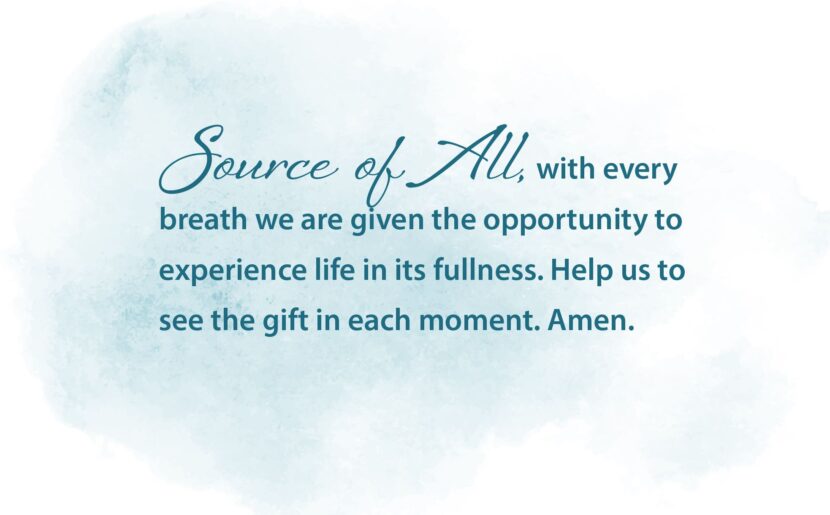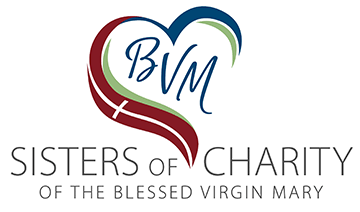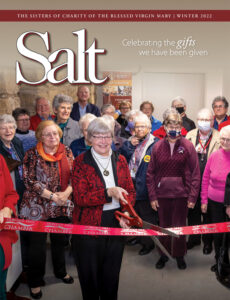Living an Abundant and Full Life

“. . . I came that they may have life
and have it abundantly.”
—John 10:10
Abundance or fullness of life . . . what did Jesus mean? It seems like a safe bet to say he was not referring to the accumulation of material things. Perhaps fullness of life is not about how much we have or don’t have, but rather about how much we enter into reciprocity with life all around us, what we notice and how much we miss. Jesus is teaching us to pay attention.
For me, the ending of Mary Oliver’s poem, When Death Comes speaks to this gift of abundant life. She writes:
When it’s over, I want to say; all my life I was a bride married
to amazement. I was the bridegroom, taking the world into
my arms.
When it’s over, I don’t want to wonder if I have made of my
life something particular, and real. I don’t want to find myself
sighing and frightened, or full of argument.
I don’t want to end up simply having visited this world.
The first line speaks to the experience of wonder, awe, and a sense of connectedness—taking the world into our arms, not to cling to or own, but to be part of and one with, fully living all of it; the joy and the pain, what’s easy and what’s hard, the love and the fear. Can we stand rooted in the midst of it all, though sometimes swaying to one side or another, taking it all in, trusting that everything, EVERYTHING belongs?
Fullness of life also means using our ability to exercise agency in the way we live our lives. We can intentionally influence our environment, our life circumstances, and how we function in the world. There will be things that happen over which we have no control, and yet we can choose how we respond. For good or ill, each of our choices impacts others and ourselves. The next line of the poem illustrates this for me: “. . . I don’t want to wonder if I have made something of my life, something particular and real. I don’t want to find myself sighing and frightened or full of argument.” We can choose to be passive observers or co-creators of our reality.
Mary Oliver ends the poem by saying she doesn’t just want to be a visitor to this world. Intentional awareness of our gift of agency, our ability to choose, can help us to be active participants in all of life, not simply visitors to this world.
Each day offers new opportunities to increasingly become the person each of us has been uniquely created to be. Each day is filled with choices. As Jesus taught, the more awake we are to the presence of God in all of creation, the more we experience wonder and awe and life as a gift to be shared—with minds, hearts, and arms wide open. Abundance indeed!
About the author: Associate Katie Pfiffner is a spiritual care minister for the Sisters of Charity, BVM in Dubuque, Iowa. She meets with the sisters for mindfulness meditation, Omega discussion groups (based on the work of Sister Ilia Delio, OSF), Praying into the Moment with chair yoga and breath practices, and other activities.
Oliver, M. (1992). New & Selected Poems: Vol 1. Beacon Press, Boston
WINTER 2022: CELEBRATING THE GIFTS WE HAVE BEEN GIVEN
In this issue of Salt, the Sisters of Charity of the Blessed Virgin Mary adapt and thrive during the pandemic, use their gifts in ministry in ways that carry out the BVM core values, express gratitude to supporters and donors, and take strides to preserve BVM history.
If you would like to receive Salt, contact the Office of Development for a complimentary subscription at development@bvmsisters.org or 563-585-2864.

